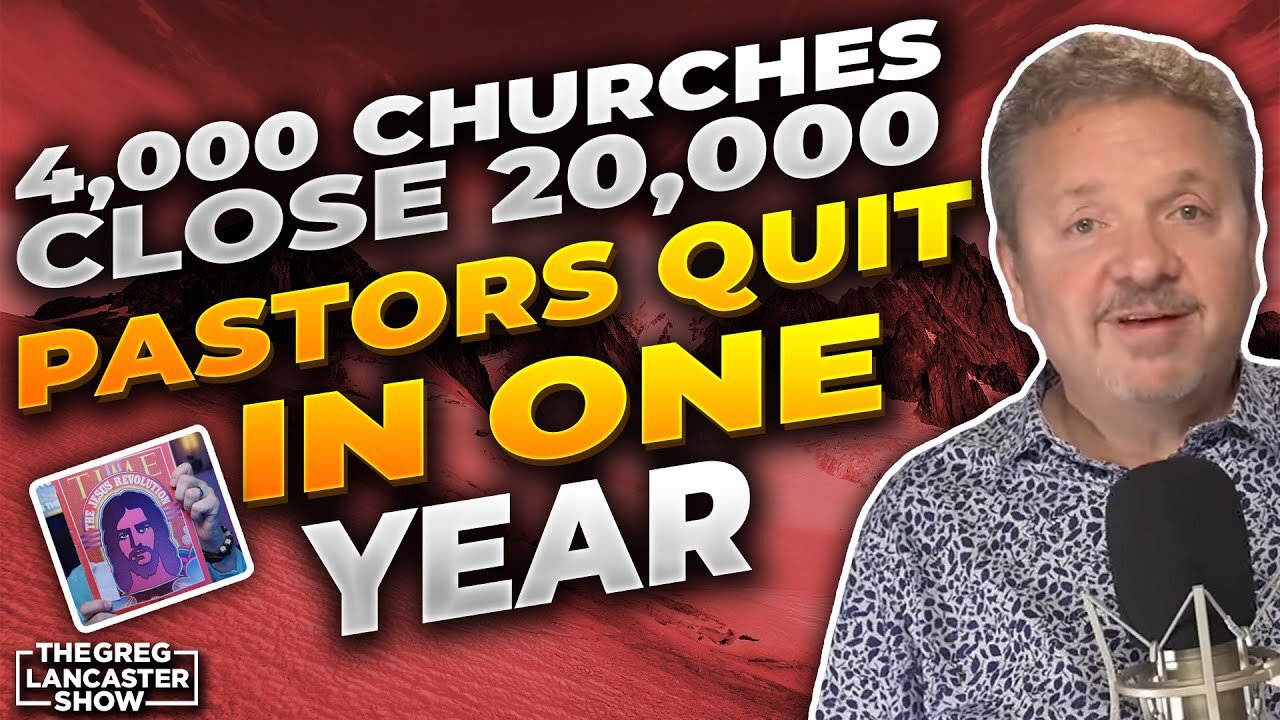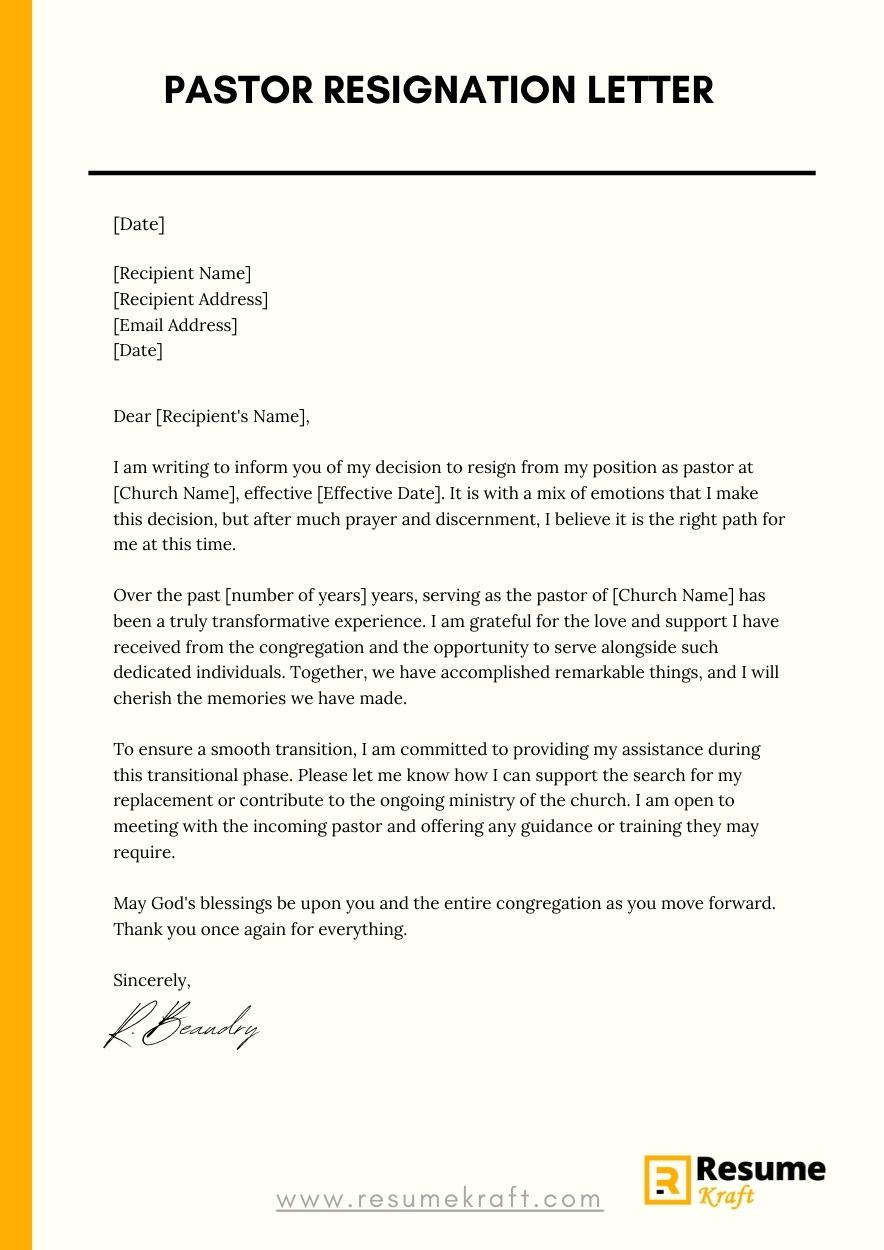Ben Gutierrez’s Resignation: Navigating the Future of the Church
The recent announcement of Pastor Ben Gutierrez’s resignation has sent ripples of both shock and reflection throughout the congregation and broader community. This pivotal moment marks a significant transition for the church, prompting questions about the future, leadership, and the overall direction. This article aims to provide a comprehensive, neutral overview of the situation, exploring the potential implications and outlining the steps that typically follow such a significant event. We will delve into the possible next steps for the church, considering the various perspectives and potential challenges.
Understanding the Context: Ben Gutierrez and His Ministry
Before examining the future, it’s essential to understand the role Pastor Ben Gutierrez played in the church. [Insert a sentence or two briefly outlining Pastor Gutierrez’s tenure, highlighting key achievements, initiatives, or areas of focus during his time leading the church. This should be factual and avoid personal opinions or speculation.] His departure, regardless of the reasons, leaves a significant void that the church leadership will need to address.
What Happens Now? The Immediate Aftermath of a Pastor’s Resignation
The immediate aftermath of a pastor’s resignation typically involves a structured process to ensure stability and continuity within the church community. These steps usually include:
- Official Announcement: The church leadership, typically the Board of Elders or Deacons, makes a formal announcement to the congregation. This announcement usually includes the effective date of the resignation.
- Addressing the Congregation: A meeting or communication is arranged to address the congregation directly. This offers an opportunity to acknowledge the situation, provide information, and offer support.
- Providing Support: The church often provides resources and support for members, particularly those feeling distressed or uncertain about the future. This may involve counseling services, small group meetings, or pastoral care from other church staff.
- Reviewing Finances and Operations: A thorough review of the church’s finances and operational procedures is often conducted to ensure a smooth transition and maintain financial stability.
The Search for a New Leader: The Process of Finding a Replacement
Finding a new pastor is a complex and often lengthy process. The steps involved typically include:
- Forming a Search Committee: A dedicated search committee is formed, usually composed of church members with diverse backgrounds and perspectives. This committee is responsible for overseeing the entire search process.
- Defining the Church’s Needs and Vision: The committee will work with the church leadership and congregation to define the qualities, experience, and theological perspectives desired in a new pastor. This involves revisiting the church’s mission, vision, and values.
- Developing a Profile: A detailed profile of the desired candidate is created, outlining the church’s needs and expectations. This profile serves as a guide for the search committee.
- Sourcing Potential Candidates: The search committee will actively solicit applications, often through advertisements, networking with other churches, and utilizing denominational resources.
- Screening and Interviewing Candidates: The committee will review applications, conduct interviews, and conduct background checks on potential candidates.
- Bringing a Candidate to the Congregation: The final candidate or candidates will be presented to the congregation for a vote or approval.
- Onboarding and Transition: Once a candidate is selected, the church will work to facilitate a smooth transition, including contract negotiations, relocation assistance, and introductions to the church community.
Potential Challenges and Opportunities
The transition period following a pastor’s resignation can present both challenges and opportunities for the church:
Potential Challenges:
- Emotional Impact: Feelings of grief, uncertainty, and anxiety among members can be significant.
- Leadership Vacuum: The absence of a pastor can create a leadership vacuum, impacting decision-making and overall direction.
- Declining Attendance: Some members may choose to leave the church during this transition period.
- Financial Concerns: A period of instability can impact giving and financial stability.
Opportunities:
- Renewal and Reflection: The transition can be an opportunity for the church to reflect on its mission, values, and goals.
- Community Building: The process of searching for a new pastor can strengthen relationships within the church.
- Fresh Perspective: A new pastor can bring fresh ideas, perspectives, and leadership skills.
- Growth and Expansion: The church may experience growth and expansion as it adapts to new leadership.
Supporting the Church During the Transition
Members can play a crucial role in supporting the church during this time:
- Pray for the Church: Prayer is essential for guidance, wisdom, and unity.
- Participate in the Search Process: Engage actively with the search committee, share your thoughts, and attend congregational meetings.
- Maintain a Positive Attitude: Focus on the positive aspects of the church and remain optimistic about the future.
- Support the Church Financially: Continue to give generously to support the church’s ministry.
- Offer Grace and Understanding: Be patient and understanding as the church navigates this transition.
The Future of the Church: Looking Ahead
The future of the church following Pastor Ben Gutierrez’s resignation will depend on the collective efforts of its members. By approaching this transition with faith, hope, and a commitment to unity, the church can not only overcome the challenges but also emerge stronger and more vibrant than before. The selection of a new pastor, the implementation of a clear vision, and the fostering of a supportive community will be crucial for the future.
Frequently Asked Questions (FAQs)
- How long will the search for a new pastor take? The search process can take anywhere from several months to a year or more, depending on the church’s size, denomination, and specific needs.
- Who is in charge of the church during the transition? The church leadership, typically the Board of Elders or Deacons, will oversee the church’s operations and make key decisions during the transition period.
- How can I stay informed about the search process? The church will likely provide regular updates through various channels, such as newsletters, website announcements, and congregational meetings. Attend these meetings and check the church website or bulletin boards for information.
- What if I disagree with the direction the church is taking? It’s important to voice your concerns respectfully and constructively through the appropriate channels, such as the search committee or church leadership.
- How can I support the church during this time? Offer your time, talents, and financial support. Pray for the church and its leaders, and strive to maintain a positive and supportive attitude.
This article provides a general overview of the situation. The specific details and next steps will vary depending on the church’s governance structure, denomination, and unique circumstances. Stay informed by following the church’s announcements and participating in the process.




